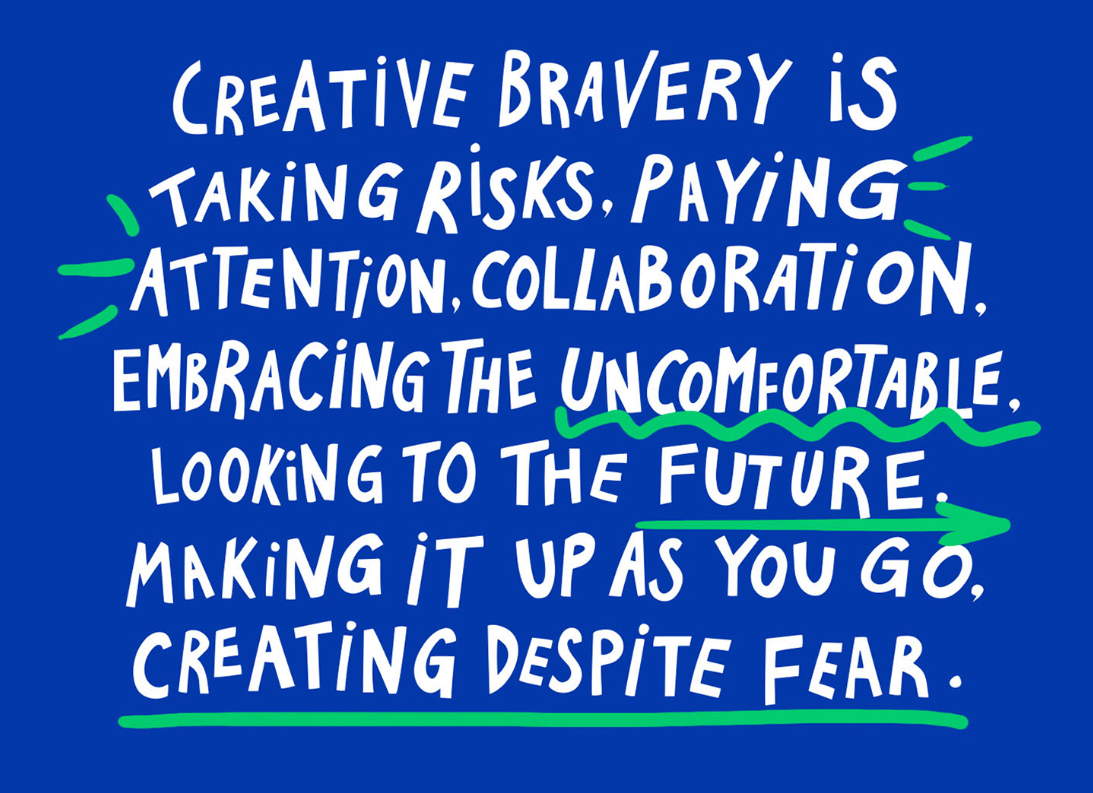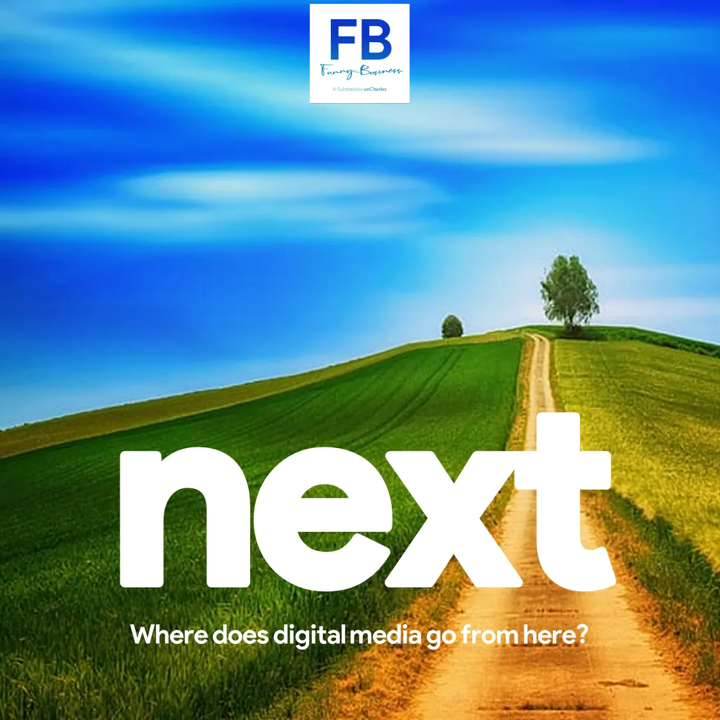If you were paying attention, 2022 was the year the bloom came off the “mega rose.”
Adtech’s mega players are experiencing declines in revenue and velocity at surprising rates. Amazon, Alphabet, Microsoft, Meta, and Apple all saw their valuations fall, some precipitously. Many slashed their workforces and at least 150,000 tech workers lost their jobs in 2021. More layoffs are expected this year.
Mega-everything is being seen through clearer, albeit more critical, glasses:
- Big data may be too big to handle. Concerns range from privacy to data hygiene amidst the heightening efforts of data warriors (especially in Europe) who are ready to take up the battle for data privacy and provenance. Facebook’s recent $414 Million fine imposed by EU for forcing people to accept personalized ads is the tip of the penalties’ iceberg, (Source: Engadget – https://www.engadget.com/meta-eu-fine-personalized-ads-163403318.html).
- Big ad networks are seeing advertiser resistance about buying impressions at scale given the need to increase transparency and outcomes
- Big bets on the multiverse are struggling to find its footing
- Almost every adtech IPO from 2022 is down by a whopping 50% or more from opening price
It seems as though the cumulative weight of “mega” tech firms has led to stagnation – in innovation, advertiser choice and transparency. Cookie-less innovation looks more like an old girlfriend in a new, “clean room” dress. The mega ecosystems of digital advertising means that Google and Facebook capture over 50% of all digital media with little transparency clouding advertisers’ understanding of how to diversify their media. Transparent digital media continue to be oxymoronic given the business model of many in adtech relies on a murky supply chain.
If that wasn’t enough, all this stagnation is tightly wrapped up in a blanket of adtech complexity halting any meaningful march forward.
A thoughtful observer might sense that mega-adtech has reached its zenith and is likely to be rightsized. A keen investor will begin to understand that too many investments in adtech that were funded on the requisite of a “mega” business model, may never materialize.
If mega adtech firms are starting to wane, who will benefit? Who will emerge to replace the mega firms?
The answer, both surprising and obvious, are companies who are sleek and facile in their thinking and development disciplines. These companies learned how to scale a sustainable business – not just scale as much investment as possible.
The companies to replace the mega firms were quick to identify and leverage the most potent technologies from AI to ML well before mega-firms even paid attention.
Google’s red alarm fire related to how ChatGPT could threaten their valuable Search advertising was “old news” for small tech firms (like ours) who have been working with this tech for two years already. We have already learned where this new tech is best monetized and how to build it into our adtech stack.
It may sound unrealistically optimistic and naïve to believe anything “small” can make a dent in the Google or Facebook edifice. That’s understandable from one perspective but this old African proverb may change your perspective in a most surprising way because it turns a seeming weakness into a strength.
An elephant can never see the world through the ant’s eyes, but the ant merely needs to climb on the back of the elephant to see his world.
That’s what explains the quiet but definite advertiser migration to “small” adtech tactics people thought couldn’t scale:
- Intense focus on performance advertising by redefining “scale” to mean scalable outcomes – not CPMs.
- Content and art creativity will no longer be confined to mega agencies and blockbuster production budgets but through tech so that great creative will be available to many more advertisers
- Meta/ virtual/ augmented reality will be in suspended animation in favor of frictionless digital to retail personalized experiences that users control
- Big data will give way to Intelligent Data that provides direct insight into what to do next such as knowing which topics will convert audiences best in content marketing or what is the journey to conversion (without tracking people)
- AI and Machine Learning that gives agency to individuals over adtech
There’s a biological thesis that dinosaurs had reached their biological limit and were on the decline – meteor or not. We also know it was the small mammals who inherited the earth. This feels like an apt metaphor for mega adtech firms because size may be a liability now. “Small” is the new big. Just ask the ant up on the elephant’s back.





